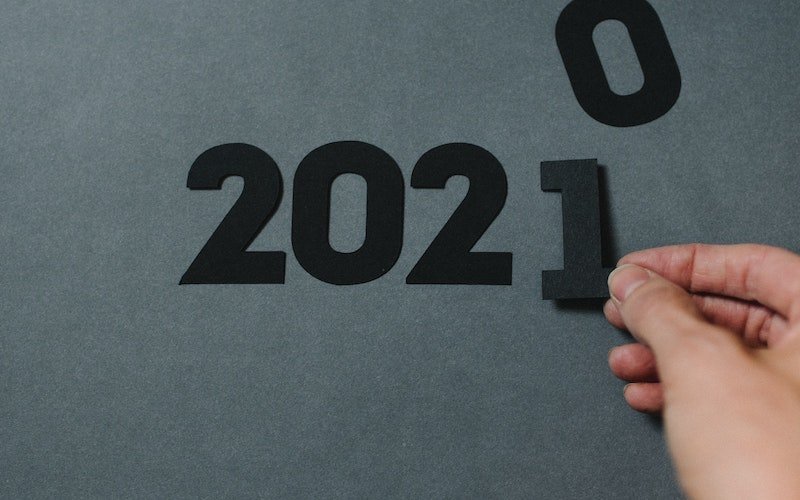The New Year is here! One of the most common practices that almost everyone participates in is creating New Year’s resolutions. But often, people find that these resolutions fade away after a couple months into the new year. Throughout this article, we will go through the psychology behind New Year’s resolutions and why they sometimes fade throughout the year, as well as give you 5 helpful tips on how to make them stick!
Resolutions are defined as a “tradition in which a person resolves to continue good practices, change an undesired trait or behavior, accomplish a personal goal, or otherwise improve their life at the start of a new year[1]”. Some common resolutions include exercising more often, eating healthier, being more social, and handling finances differently. Resolutions during the New Year often occur because of something called the Fresh Start Effect — an idea that underscores how temporal landmarks can motivate aspirational behaviors, making New Year’s the perfect time to start fresh and leave bad behaviors and imperfections in the past year[2]. Psychological studies have shown that people tend to believe that both enjoyment and importance are key factors in making resolutions stick, but contrary to this, enjoyment is the only factor that predicts long-term persistence[3]. So even if you think that a resolution, such as regular exercise, is important for you, it may not stick because you may not enjoy exercise. Another study found that successful resolutions result when you are consciously aware of your habits and choices when they are bad, use this elevated consciousness to make changes that are difficult, and if you persist long enough, these conscious decisions will become unconscious healthy habits[4].
Taking all of this into account, here are five steps you can take today and the rest of the year to ensure that your New Year’s resolutions will stick!
- Take Small Steps
Making big, vague resolutions such as “exercising more” or “eating healthier” can be daunting and intimidating because they may feel unachievable in a short amount of time. Often we expect immediate results after changing our behaviors, but seeing results from activities like exercising takes a lot of time and perseverance. Sticking to small, more specific steps can help mitigate the intimidation of these big resolutions. For example, if you want to exercise more, you can start off by dedicating 2 or 3 days a week to exercise, then build from there until you get to a result you’re comfortable with.
- Work On One Resolution At a Time
Too many resolutions on your plate can seem impossible to achieve, which could decrease your motivation to stick to them. Working on one resolution at a time lessens your mental load and helps you create healthier habits more easily. This can also help make your resolutions more realistic and less drastic, allowing you to have more concrete, achievable goals that will give you the opportunity to plan on how you can accomplish and stick to these goals throughout the year.
- Talk To Others About Your Goals
Getting support from others can not only help you keep yourself accountable and motivated, but it can also open you up to partners or buddies who can work on your goals with you! By having someone else who wants to work on a common resolution with you, motivation and accountability are inevitably increased, allowing you to stick to your goals more effectively and easily. It can also make it a lot more fun to achieve goals with someone else!
- Track Your Habits
Keeping track of your goals and habits can help you truly see how your behaviors are changing over time. Being able to see your progress and track it can make these goals more concrete as well as show you how your small steps are making an impact. There are several ways to go about this, such as through journaling or through habit tracking apps! Some great apps you can use are Brooklet, Habbitica, and StickK.
- Be Kind To Yourself
Remember that nobody’s perfect and everyone struggles with resolutions. Change is a very long process that takes a lot of time and persistence, and if you don’t see results right away that doesn’t mean you’re doing anything wrong! And if you need to take a break — take it! New Year’s resolutions don’t require perfection, and pushing yourself too hard can possibly lead to resentment and negativity towards your goals. Give yourself a break, and celebrate the small accomplishments. You deserve it.
New Year’s resolutions can be tough, but change doesn’t come unless you put in the work. These steps can help you make 2021 a great year! Give yourself credit for the little things, be kind to yourself, make sure your mental health is okay, and remember that it’s okay to not be okay. Next year is going to be a good one, and everyone here at Breaking Taboo is wishing you the happiest New Year! Happy 2021.
~ Caitlyn Ng
[1] https://en.wikipedia.org/wiki/New_Year%27s_resolution
[2] https://pubsonline.informs.org/doi/abs/10.1287/mnsc.2014.1901
[3]https://www.psychologytoday.com/us/blog/slightly-blighty/201712/psychology-explains-new-year-resolutions-hits-and-misses
[4]https://www.psychologytoday.com/us/blog/slightly-blighty/201712/psychology-explains-new-year-resolutions-hits-and-misses

